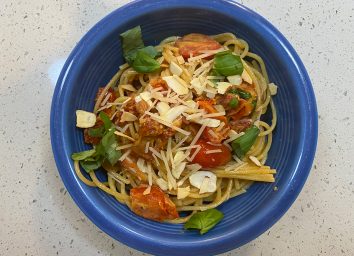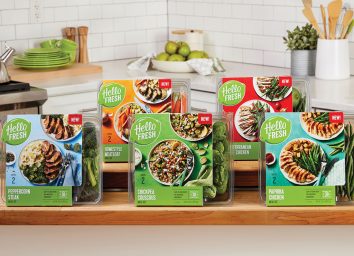The Best Meal Boxes for Feeding Your Kids During Quarantine

In light of the coronavirus, you might be stuck at home with your kids and want to serve them something healthy. But while no one wants their little ones bouncing off the walls with a sugar high, you probably want them to actually like what they’re eating without spending forever cooking it. Given the grave situation we’re in, you may or may not be able to leave your home to get the raw ingredients necessary to whip up said healthy and tasty dishes, which is where kid-friendly meal boxes come in.
We’ve rounded up six of the leading ones and asked registered dietitians to give us their honest opinions on them. Note that many of the below meal delivery services offer promotional codes or discounts for first-time users, so make sure to look for pop-up notifications when you’re ready to sign up.
Nurture Life
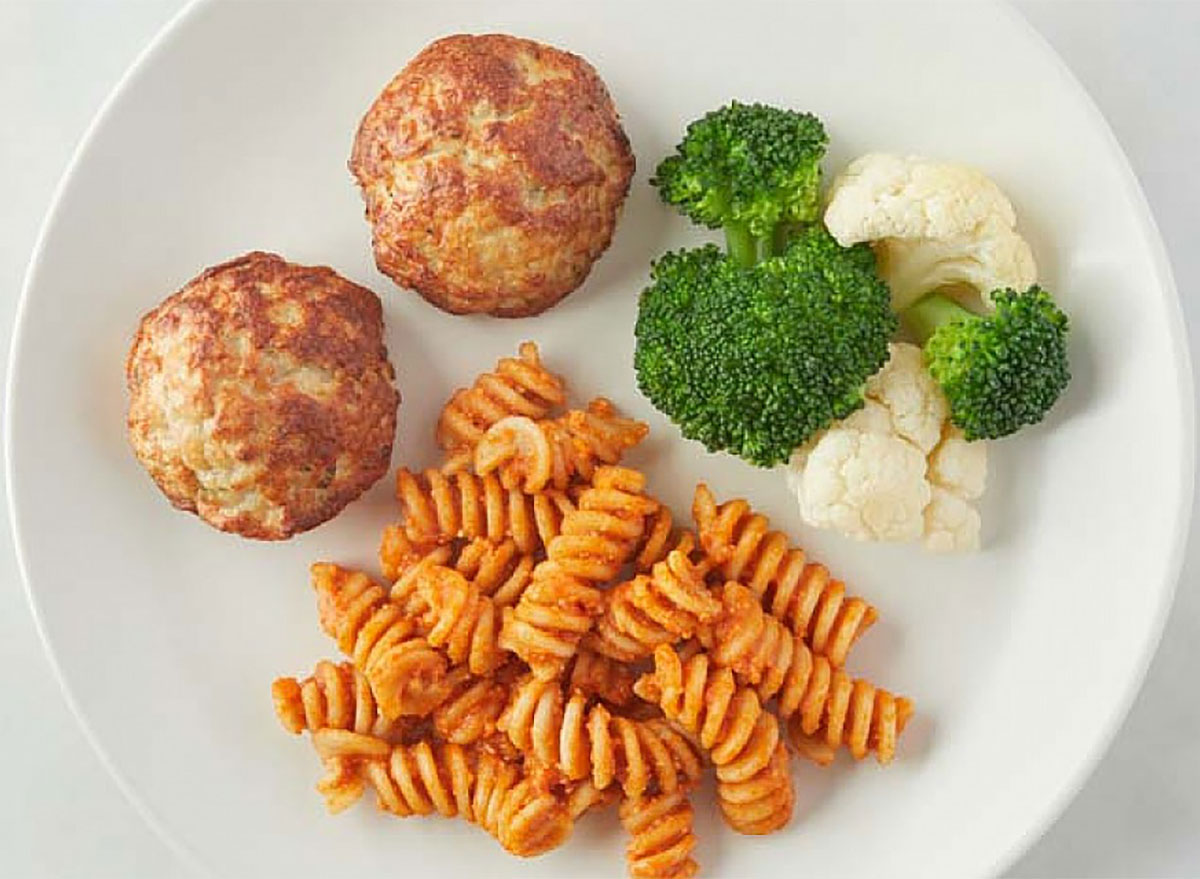
With Nurture Life, you choose from a variety of freshly made baby, toddler, kid, and family meals focused on organic produce, antibiotic-free proteins, and whole grains.
Pros: “I love that this service is designed to feed children from 10 months to 11 years and that they also offer family meals,” says Melissa Rifkin, MS, RD, CDN. “Their meal options are colorful, delicious, and nutritious.”
Nurture Life has many options that are gluten-free, egg-free, soy-free, coconut-free, and free of many other common allergens. And all of the company’s protein options are antibiotic-free. There are also options for vegans and vegetarians as well as meat and fish eaters. The Nutrition Twins, Lyssie Lakatos, RDN, CDN, CFT and Tammy Lakatos Shames, RDN, CDN, CFT add that a chef and pediatric dietitian help to develop the meals. “Plus, meals are easy to customize and you simply have to heat them.”
Cons: “My issues with Nurture Life is that despite being relatively expensive, their meals are not organic—even when it comes to the Dirty Dozen,” says Rifkin.
Price: Meals are priced individually from $6.88 to $12.99. The minimum order amount for a box is $39 (before shipping), with an $8 shipping charge. If your cart is $59, you will receive free shipping. You’ll get free shipping with $79 or 10 percent off and free shipping with a cart of $99 or more.
Kidstir
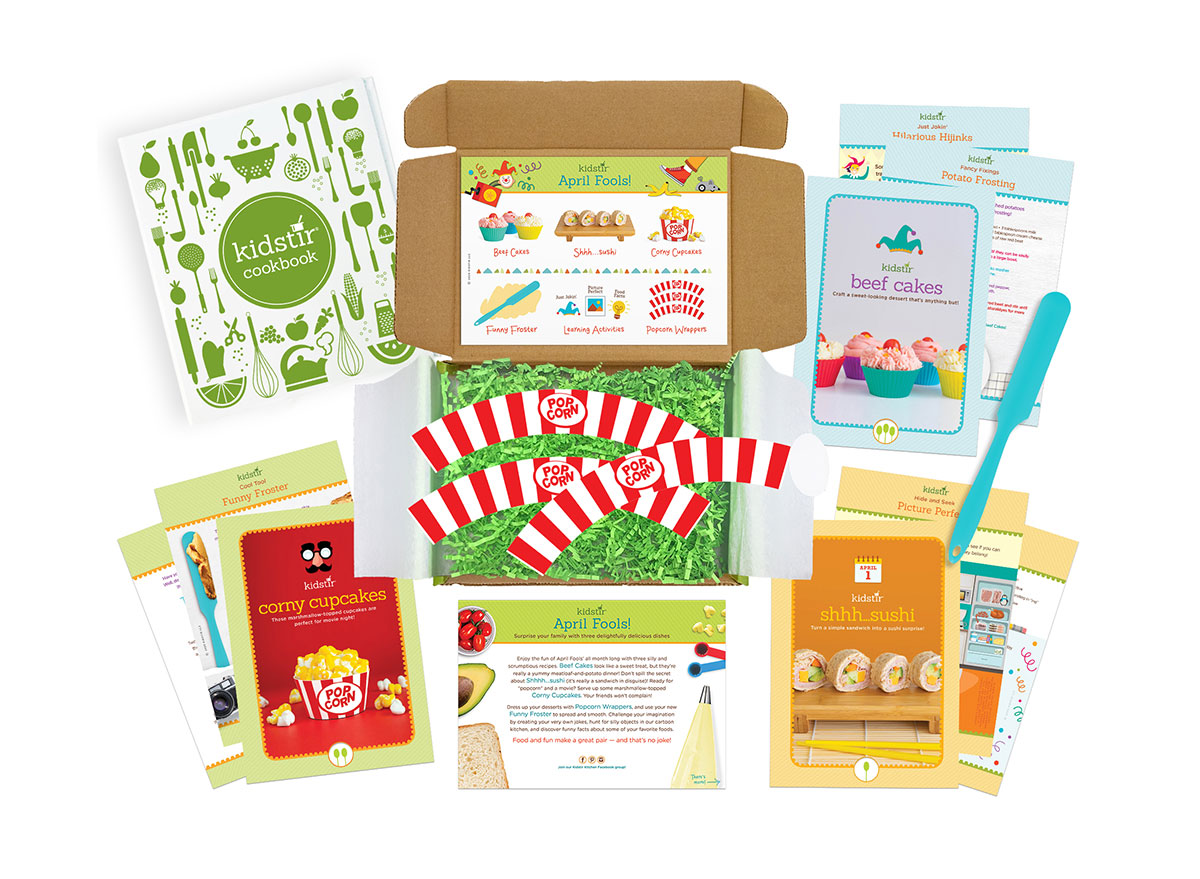
Kidstir is a great option for parents looking to get their kids (ages 5-12) involved in the kitchen as well as for those who have stocked up or can stock up on raw ingredients. They’ll send you a kid-friendly box with instructions and tools to make your meal. Parents receive the shopping list by email before the box arrives.
Pros: “Each kit focuses on seasonal ingredients and special occasions, and it teaches kids skills as they cook,” say The Nutrition Twins. “They learn about kitchen gadgets as well, making it practical fun. Plus, the kits come in a cute box.”
Cons: “Recipes require the help of grown-ups (especially for younger kids), and there aren’t any levels,” say The Nutrition Twins. “They also take more time than other options, and as far as the recipes go, you can find similar ones online.”
Kathy Siegel, MS, RDN, CDN, also notes that because they don’t actually send you all the ingredients needed, you might not have everything while being sheltered in your home.
Price: Boxes start at $24.99 a month. The price goes down if you commit to six months or a year.
Yumble Kids
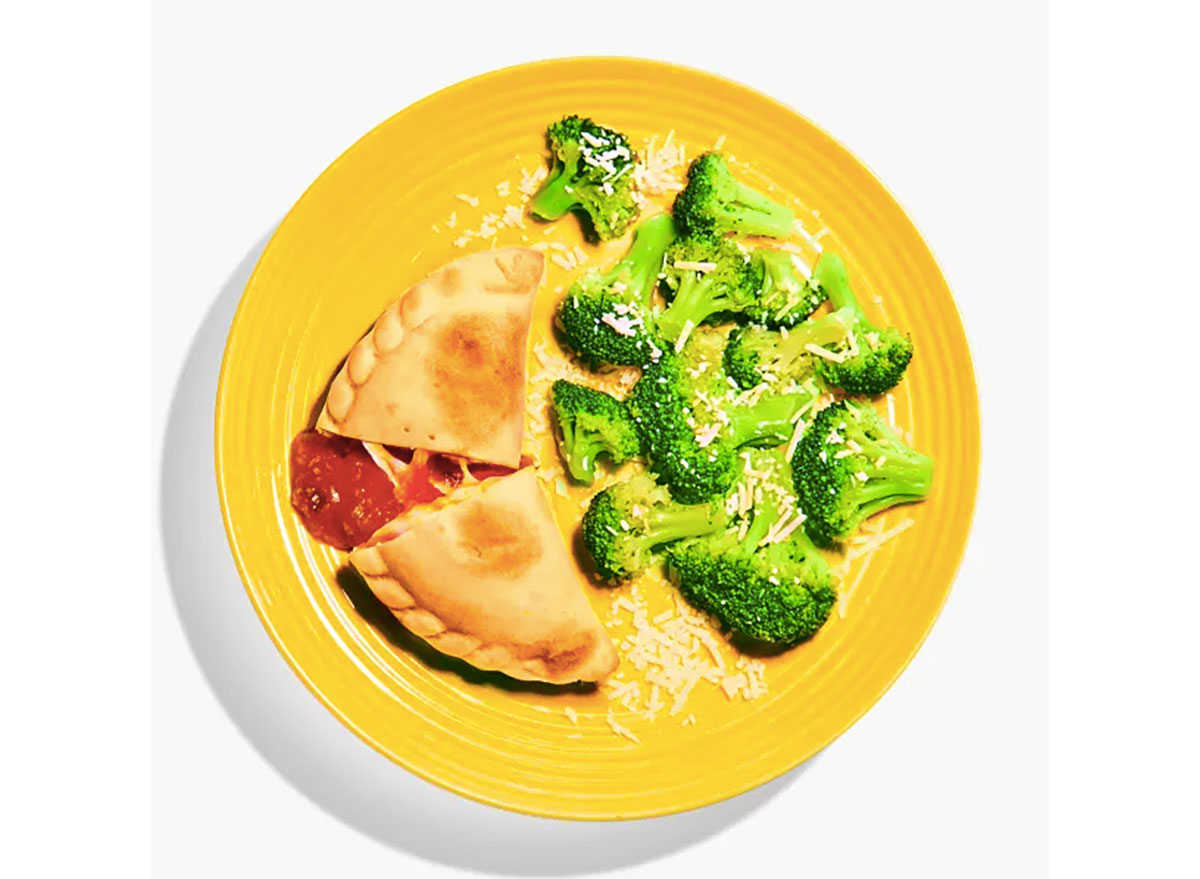
After picking a Yumble Kids plan for kids ages 12 months to 12 years, parents choose from a weekly menu or curated boxes, like the Picky Eaters box.
Pros: “Boxes are made using regionally-sourced fruits and veggies and sustainable packaging materials,” say The Nutrition Twins. “Meals come fully cooked and ready to heat in the microwave in 1 minute, 30 seconds.”
Cons: “The options are limited options, and the meals lack a variety of vegetables,” says Rifkin. “Also, the service doesn’t go by age.”
Price: Six meals a week will set you back $7.99 a meal, and 12 meals a week will cost $5.99 a meal. Delivery is always free.
Raised Real
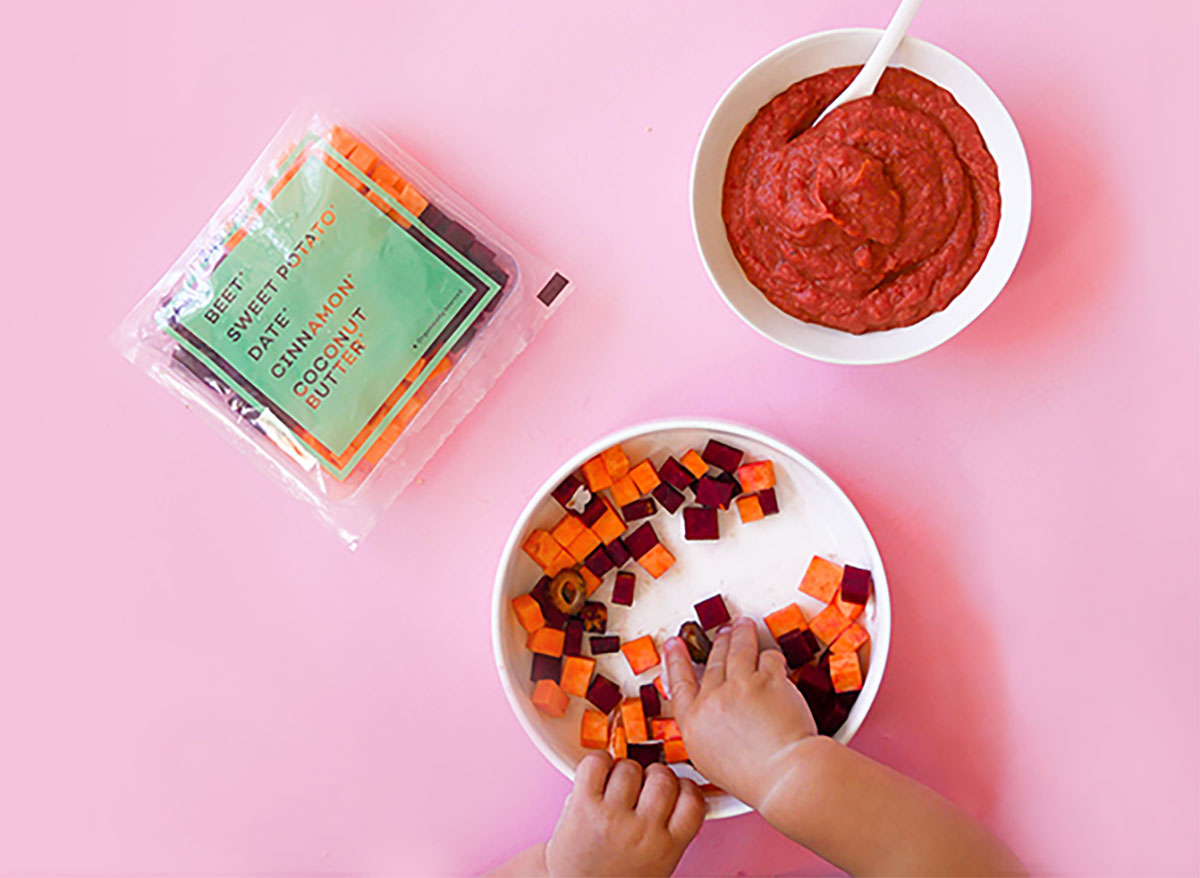
Raised Real is a baby food (six months through toddlerhood) subscription service delivering organically-sourced, fresh, and plant-based meals for your baby in recyclable packaging. You can’t pick exactly what is in your box, but you can set ingredient preferences.
Pros: “I love that this service is organic and that there are plenty of colorful vegetables and foods with immune-boosting properties,” says Rifkin. “They are also free of common allergens, non-GMO, and gluten-free.”
Cons: This service offers plant-based meals only.
Price: There are two meal plans: 12 meals for $65.88 ($5.49/meal) or 24 meals for $119.76 ($4.99/meal).
Little Spoon
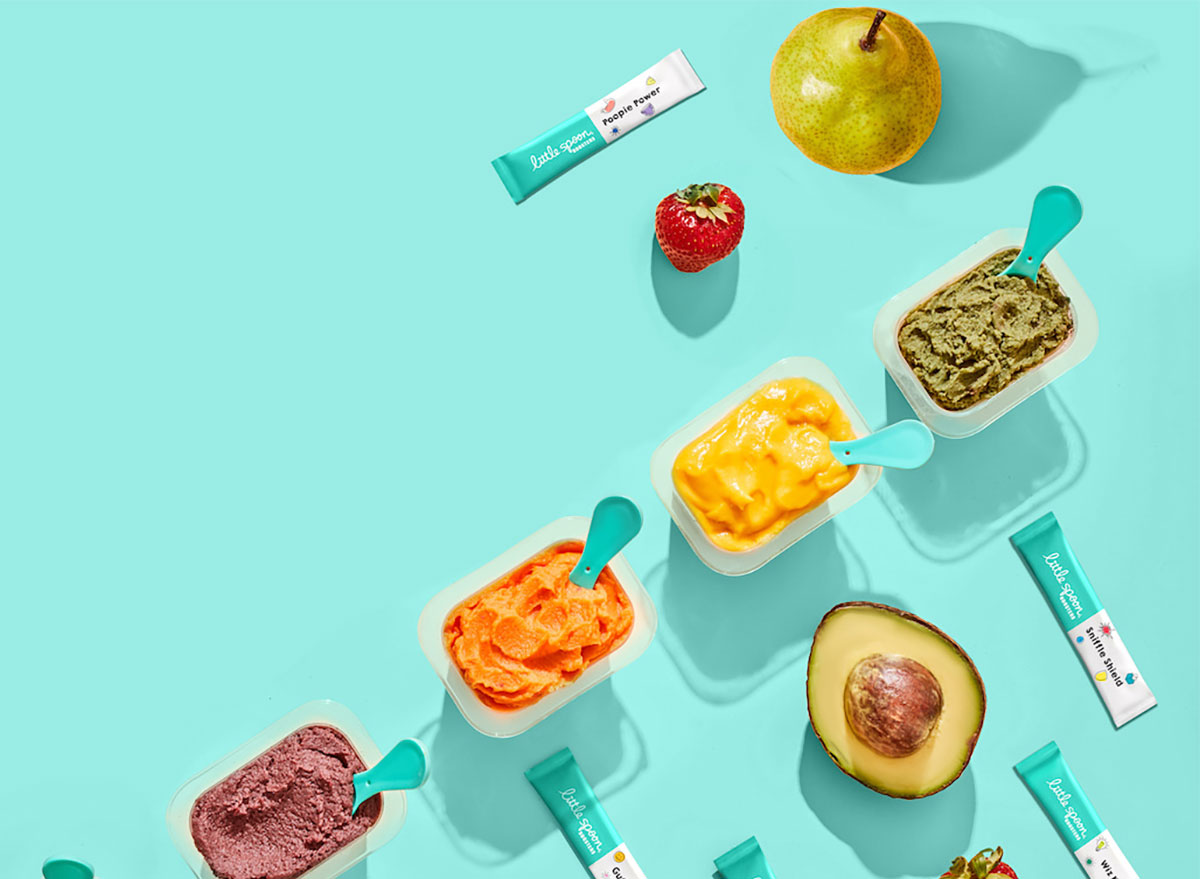
Little Spoon makes baby food purees without preservatives, using only organic ingredients based on what parents say about their baby’s food preferences.
Pros: The blends are preservative-free, non-GMO, contain high quality organic ingredients, and they are not processed at high heat, meaning they retain most of their nutrients. Little Spoon also offers boosters, aka are powdered vitamins and probiotics that you can add to meals.
“We love that there are over 80 organic ingredients, to expose your baby to many foods,” say The Nutrition Twins. “Meals are personalized by nutritionists and/or pediatricians who analyze the in-depth questionnaire that parents fill out before they order the food, so you have someone else helping you ensure your baby’s nutrition needs are met. And as you order more foods, you continue to get recommendations to support your baby’s growth.”
Cons: “The food is only puréed, and although it comes in different textures, it only serves a very specific age group of babies—though some may view this as a pro—and Little Spoon doesn’t offer a transition into solid foods,” say The Nutrition Twins. Siegel also doesn’t love that Little Spoon selects your choices for you based on the information shared when you sign up, meaning they discourage you from customizing your meals.
Price: Little Spoon has three meal plans available that they deliver in two-week bundles: one meal per day, two meals per day, or three meals per day. Pricing depends on location. The booster prices also vary by locations.
Yumi
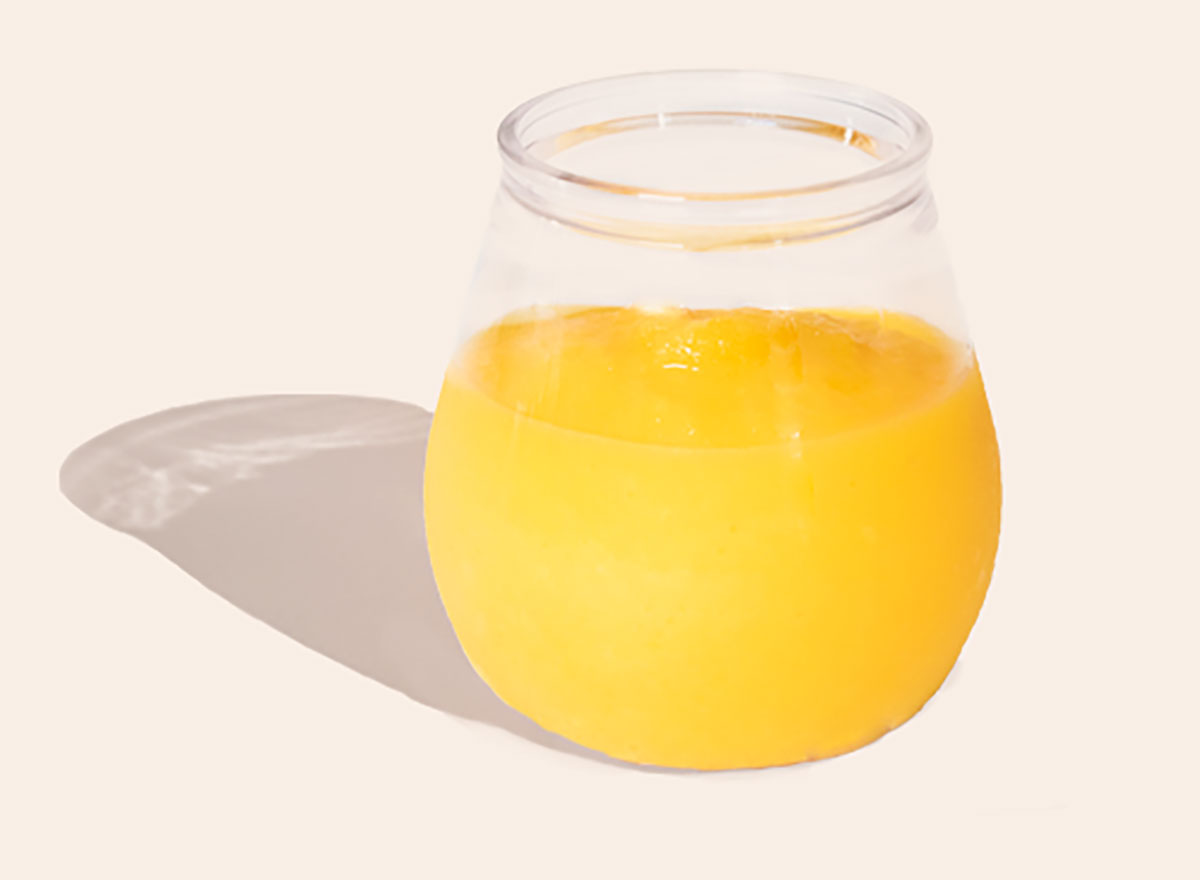
Yumi says that they make sure each meal—finger foods and purees for babies and toddlers delivered weekly—has at least five essential micronutrients that are important for your child’s development.
Pros: “Yumi only uses organic foods, and their ingredients all come from farms and home cooked in their very own kitchen,” say The Nutrition Twins. “They work with a team of doctors, nutritionists, and chefs to ensure that their meals are nutrient-rich and meals typically include fruits, legumes, grains. and fats.”
The twins also like that Yumi has a special box designed to help babies transition from purees into solids. “Yumi boxes are careful about not allowing arsenic in their food and avoid rice and too much apple. Their packaging is BPA and BPS free and recyclable,” the twins say.
Cons: The only con is that it’s not yet available country-wide. The company is based in California and offers delivery across the state, as well as in the New York tri-state area and a few other markets. You’ll have to register on Yumi’s website to see if they’ll deliver to your location.
Price: You can pick from weekly meal plans with one meal ($35/week), two meals ($65/week), or three meals a day ($90/week). All meal plans come with free shipping.
Whether you want to get your kids more involved in the kitchen or just want to make mealtime easier, you can’t go wrong with these kid-friendly meal boxes.


